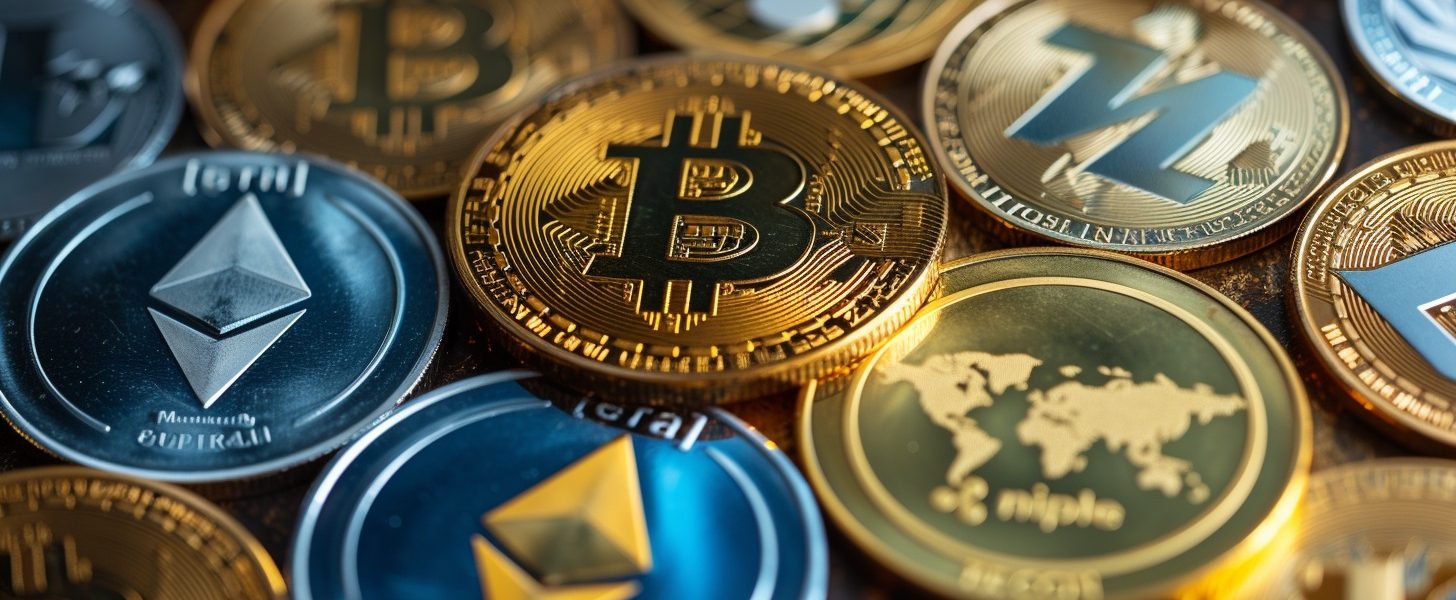Cybersecurity has become a big deal in the UAE’s booming crypto market, where digital assets are actively traded. This market has grown significantly in recent years, opening up new options for investors and businesses. The Dubai International Financial Centre (DIFC) has turned into a hub for fintech innovation, hosting many digital asset exchanges. Similarly, the Abu Dhabi Global Market (ADGM) has recently rolled out a regulatory framework for digital asset trading.
As the industry keeps expanding and maturing, it’s facing more risks from cybercriminals looking to exploit vulnerabilities and steal assets, including USDT. Implementing solid cybersecurity measures is crucial for protecting these assets and building investor confidence, making it a top priority for everyone in the market.
In light of this, Subha Selvaraj, a current in the Certified Cyber Insurance Specialist (CCIS) training program, has put together detailed industry research on the cybersecurity dangers in the crypto market.
Technologies for Mitigating Cybersecurity Risks in the Crypto Industry
Cyber risk is a big concern in the crypto market, prompting participants to use various technologies to boost their defenses against cyber threats. These tools help secure digital assets and protect against hacking, data breaches, and other attacks.
Popular solutions include encryption, secure communication protocols, two-factor authentication, cold storage, and blockchain-based security measures. While these technologies greatly enhance cybersecurity, they’re not foolproof. To effectively manage risks, market players should also set up solid internal controls, keep an eye out for suspicious activities, and take extra precautionary steps.
The Internal Threat in the Crypto Industry
In the crypto world, internal threats to cybersecurity pose serious challenges. Insider attacks can involve theft of digital assets, data alteration or destruction, unauthorized system access, and spreading malware. These threats are especially dangerous as insiders often have elevated privileges and deep knowledge of the organization’s security setup. Another major concern is employee negligence, which can lead to accidental security breaches, such as sharing passwords, falling for phishing scams, or neglecting essential software updates.

Cybersecurity Risks from Third-Party Service Providers in the Crypto Industry
As the crypto market evolves quickly, companies often rely on third-party service providers to enhance operations and deliver value to buyers. In the UAE’s crypto market, managing third-party risk is key to maintaining solid and effective cybersecurity. Companies need to do their homework when picking service providers, checking their credentials, assessing their ability to protect digital assets, and setting up clear communication channels.
In 2019, the Abu Dhabi-based crypto exchange BitOasis had a security breach. Hackers accessed personal data like email addresses, names, and phone numbers of over 270,000 users. BitOasis assured users that no funds were stolen and quickly ramped up security measures to prevent future hacks. This incident highlights the significance of cybersecurity in the crypto market, where attacks can have serious consequences.
Conclusion
The UAE’s crypto market is growing fast, making strong cybersecurity measures more crucial than ever. Protecting assets, handling internal and third-party risks, building investor trust, and following regulations are all keys to creating a secure and trustworthy environment. Investing in new tech for threat detection and incident reaction, educating employees and stakeholders about potential risks, and constantly monitoring for vulnerabilities are essential for the long-term success of the UAE crypto market.





